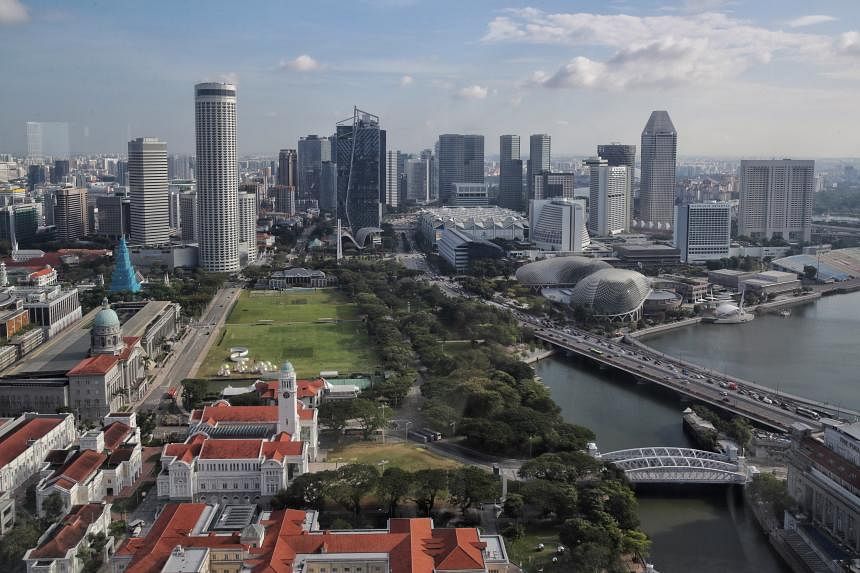SINGAPORE -Without revenue-generating measures such as the increase in goods and services tax (GST) and income and property taxes, total revenue cannot meet the projected level of government spending within this decade, according to the Ministry of Finance (MOF).
These moves will boost the Government’s operating revenue by about 0.7 per cent of gross domestic product (GDP) per annum, based on figures released by the ministry on Wednesday in an occasional paper on medium-term fiscal projections.
The release of the paper comes before next week’s parliamentary session, when the Budget statement will be delivered by Deputy Prime Minister and Finance Minister Lawrence Wong.
The Government had announced a slew of measures to raise revenue in last year’s Budget statement. These include raising GST by 7 per cent to 9 per cent by 2024; increasing the personal income tax rate for top income earners and property tax rates for higher-end residential properties not used by owners as residence; and introducing a new additional registration fee for luxury cars.
With the increased takings from all the measures, the projected operating revenue as a percentage of GDP will be in the range of 14.8 per cent to 15.7 per cent from the fiscal years 2026 to 2030.
This compares with a range of 14.2 per cent to 15 per cent for the same period without the new revenue streams.
Meanwhile, the net investment returns contribution (NIRC), which currently supports about one-fifth of government spending, is expected to keep pace with economic growth at around 3.5 per cent of GDP.
NIRC consists of 50 per cent of the net investment returns on the net assets invested by GIC, the Monetary Authority of Singapore and Temasek, and 50 per cent of the net investment income derived from past reserves from the remaining assets.
In the longer term, future investment returns are expected to grow more slowly than before “due to... slower global economic and productivity growth, higher inflation, as well as heightened geopolitical and trade tensions”, said MOF.
The ministry added that while revenues should be sufficient to cover the higher spending in the near term, additional revenues may be needed to balance the Budget in the medium term, as its projection did not take into account the possible policy moves the Government may make from now until 2030.
The projections on revenue also did not factor in the fiscal impact of a global agreement to reform international tax rules for multinational companies.
MOF said the net fiscal impact of the Base Erosion and Profit Shifting 2.0 (BEPS 2.0) on Singapore “may not be favourable”.
Pillar 1 of BEPS 2.0 reallocates profits of the largest multinational companies from where economic activities are conducted to where consumers are located, and Pillar 2 effectively introduces a global minimum corporate tax rate of 15 per cent for large multinational companies.
The MOF said in the paper that under Pillar 1, Singapore will lose revenue because of its small size. It is less clear how Pillar 2 will affect the Republic because how things play out will depend on how governments and companies around the world respond, added the ministry.


